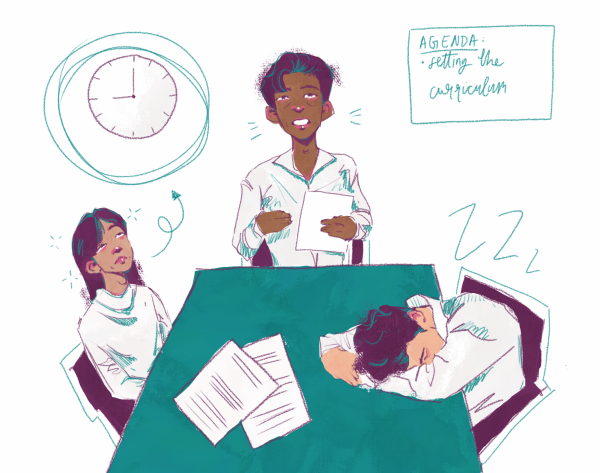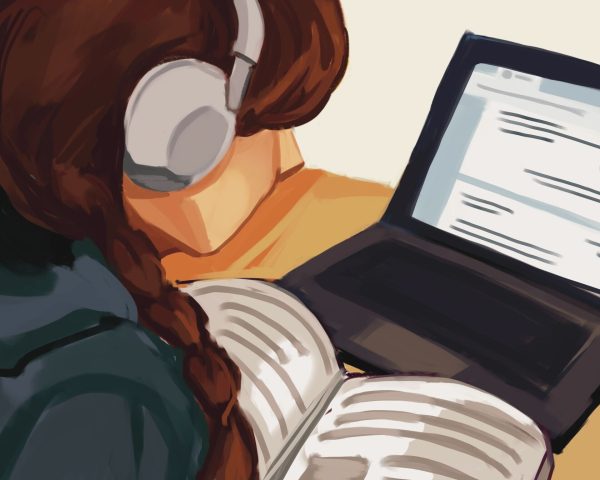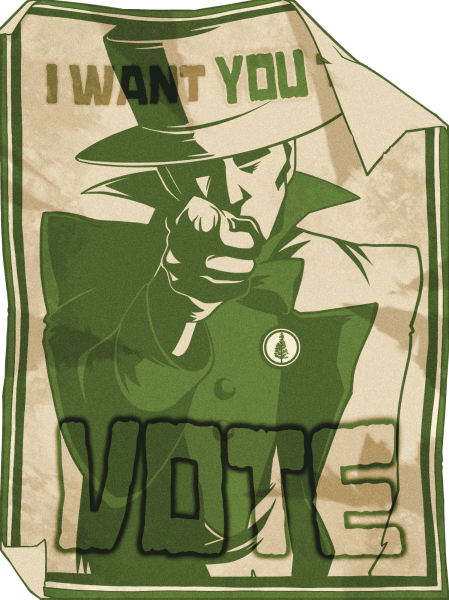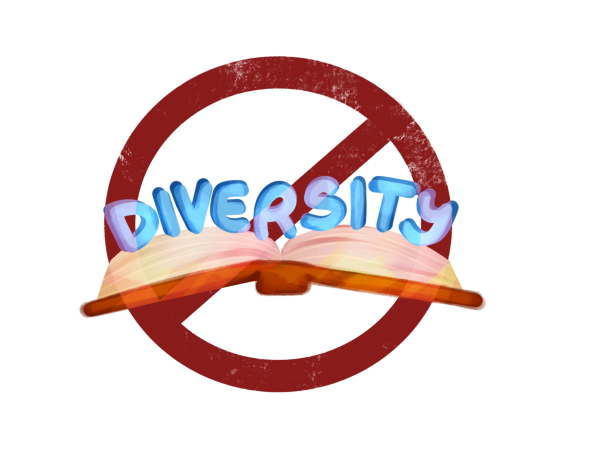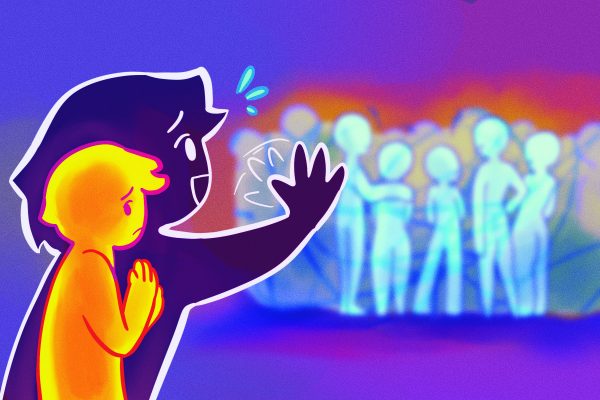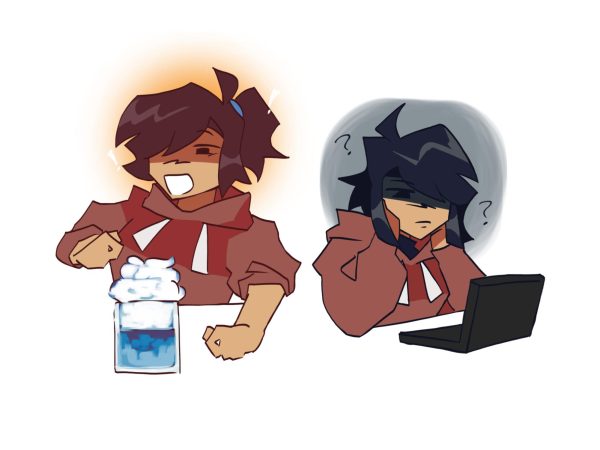Community service should be motivated by passion
Volunteer work needs to come from the heart
An abundance of Palo Alto High School students are always jumping at the chance to complete community service projects, ready to exchange time with their family and friends in order to commit time to volunteer. However, this readiness to volunteer might not be as heartwarming as it initially appears — many of these students are not motivated to improve their community or help those in need, but rather to rack up dozens or hundreds of hours in order to amp up their college applications.
In my mind, there are two distinct groups of volunteers: those driven by a passion to make a change in their community, and those driven by a passion to look good to college admissions officers. At Paly, an average of 150 students receive the President’s Service Award per semester, which recognizes the completion of at least 100 hours of service in one year. Out of these 150, I wonder how many are genuinely interested in serving their community. There are many opportunities to help the Palo Alto community, from working with homeless people to working as a tutor, yet there are just as many opportunities to accumulate 100 hours of service without making a positive change.
When my grandmother was in the hospital, recovering from surgery, a high school aged volunteer came into her room uninvited to inform her that, as a “medical volunteer,” he was assigned to “count all of the hospital’s beds.” To be frank, nobody enjoys counting beds, and the hospital patients do not enjoy having their beds counted. Unless this volunteer had the intention of becoming the first professional bed-counter, his service was inspired by a want to earn that award. The real irony here is that the volunteer actually disturbed my grandmother instead of helping her.
As a volunteer, I understand that earning the President’s Service Award is a nice extra benefit and will be helpful when applying to college. However, that does not mean that I should forsake genuine passion for a cause solely for the purpose of earning an award to add to my college application.
When deciding where to volunteer, I found that I did not have a desire to work at many of the organizations I was researching. Finally, I found Learning Ally, a charity that records audio books for people with blindness and dyslexia. At Learning Ally I found my niche, but I also learned that volunteering is not a traditional commitment. My hours are earned through a flexible schedule: I do not have to volunteer when I do not want to. What distinguishes volunteer organizations from other commitments, such as playing music or competing in athletics, is that charities compete for your time instead of you competing for their time.
I am in no way inferring that I am the perfect volunteer; rather, I am suggesting that students put their time towards a cause they feel is worthwhile, and that every minute of their volunteering is prompted by a wish to better that cause. I adopted this philosophy and find it liberating, as I can truthfully say that I enjoy every hour spent at Learning Ally.
It is also important to keep in mind that the quality of work is much higher when someone enjoys what he or she is doing. According to mental health website helpguide.com, “volunteering allows you to connect to your community and make it a better place.” Society should place more emphasis on volunteering as not just a fulfilling, but also a fun activity so as to encourage people to volunteer for their own fulfillment.
It is easy to get swept up in the rush to be a favorable college applicant, but volunteering is so much more than a hunt for a certificate. “Each person has inside a basic decency and goodness. If he listens to it and acts on it, he is giving a great deal of what it is the world needs most,” musician and conductor Pablo Casals was quoted as saying. Casals’ view applies to the nature of volunteering: if community service comes from the heart, it will make a positive difference.
Your donation will support the student journalists of Palo Alto High School's newspaper

